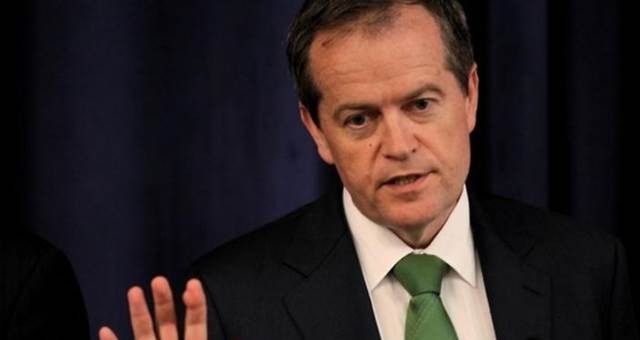
Tourism Accommodation Australia (TAA) has welcomed comments by Australia’s Opposition Leader, Bill Shorten, that operators in the share economy should be subject to greater regulation and ‘play by the rules’.
TAA has made a number of submissions to State and Federal inquiries on the need to tighten regulations governing commercial operators using the share economy to let short-term accommodation without meeting the requirements imposed on legitimate hotel operators.
In most unregulated short-term accommodation, health and safety requirements – such as inspections of fire safety requirements – are totally ignored, where as hotels are subject to regular council fire safety inspections, have to submit fire safety certificates and annual statements, and have to comply with a safety schedule. Requirements can include emergency lighting, exit signs, fire doors, fire hydrant systems, sprinklers, and display orders showing exits and fire safety equipment.
Taxation requirements such as GST are not applied to unregulated short-term operators costing States and Federal governments hundreds of millions dollars.
Australia’s tourism accommodation sector is responsible for contributing some 220,000 jobs directly and indirectly. In contrast, unregulated short-term accommodation operators provide negligible employment and career opportunities, and contribute nothing to tourism promotion.
TAA CEO, Carol Giuseppi, said: “Mr Shorten has raised some very important points about protecting the interests of both consumers and legitimate operators, and we welcome his viewpoints.
“The ‘share’ accommodation sector has grown far beyond the original concept of a resident owner letting out their spare room for a few days a year to make a little pocket money…it is now a very serious commercial business for many operators, but they are not meeting the same obligations imposed on legitimate operators who contribute significantly to the economy and community.
“We are not talking about resident householders offering a spare room on an occasional basis, but when apartment blocks get transformed into quasi-hotels or operators rent out multiple properties on a daily basis, then they really need to conform to standards imposed on regulated operators.
“There is an exciting pipeline of hotel development in place across Australia, which has the capacity to generate significant benefits to communities, but when there are over 40,000 lettings available through unregulated short-term accommodation channels, many of these projects could be threatened, with major implications particularly for employment.
”It is pleasing to see that our new Federal Minister for Tourism, some State Governments and now the Federal Labor Party are calling for the ‘grey areas’ to be cleared up. There needs to be far greater transparency in place for all accommodation suppliers. Ultimately, some form of registration is required so that guests can select their accommodation with confidence.”

